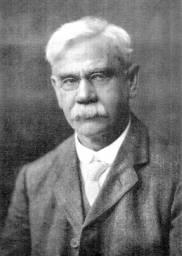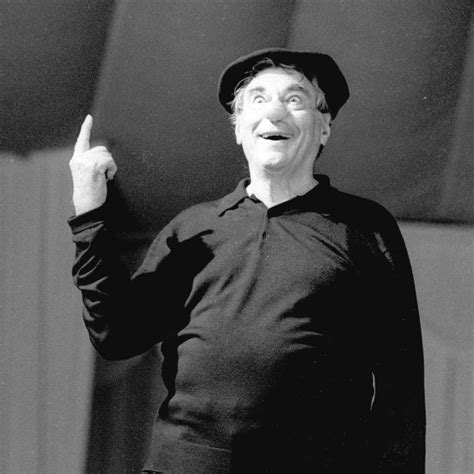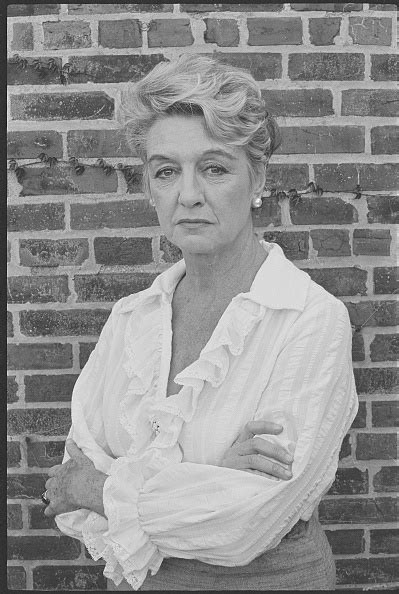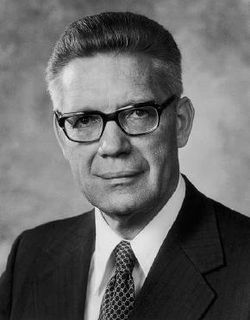A Quote by Arthur Schopenhauer
Every man takes the limits of his own field of vision for the limits of the world. This is an error of the intellect as inevitable as that error of the eye which lets you fancy that on the horizon heaven and earth meet.
Related Quotes
We are perhaps too near the age of transition to see clearly the interplay of all that made for progress. Each of us has had his own peculiar training, his own personal contact with the mighty ones of the immediate past; and this forms as it were a telescopic tube determining limits to our field of vision. No doubt we may range the whole horizon; but after all we look from our own point of vantage.
Man is made of opinions,—of truth and error; and his life is a warfare like all other lives before him.... Man goes on developing error upon error till he is buried in his own belief.... It is the office of wisdom to explain the phenomena in man called disease, to show how it is made, and how it can be unmade. This is as much a science as it is to know how to decompose a piece of metal.
Error is a supposition that pleasure and pain, that intelligence, substance, life, are existent in matter. Error is neither Mind nor one of Mind's faculties. Error is the contradiction of Truth. Error is a belief without understanding. Error is unreal because untrue. It is that which stemma to be and is not. If error were true, its truth would be error, and we should have a self-evident absurdity -namely, erroneous truth. Thus we should continue to lose the standard of Truth.
There exists a black kingdom which the eyes of man avoid because its landscape fails signally to flatter them. This darkness, which he imagines he can dispense with in describing the light, is error with its unknown characteristics. Error is certainty's constant companion. Error is the corollary of evidence. And anything said about truth may equally well be said about error: the delusion will be no greater.
I say: liberate yourself as far as you can, and you have done your part; for it is not given to every one to break through all limits, or, more expressively, not to everyone is that a limit which is a limit for the rest. Consequently, do not tire yourself with toiling at the limits of others; enough if you tear down yours. He who overturns one of his limits may have shown others the way and the means; the overturning of their limits remains their affair.
The world always makes the assumption that the exposure of an error is identical with the discovery of truth - that error and truth are simply opposite. They are nothing of the sort. What the world turns to, when it has been cured of one error, is usually simply another error, and maybe one worse than the first one.
Led by long years to my last hours, too late, O world, I know your joys for what they are. You promise a peace which is not yours to give and the repose that dies before it is born. The years of fear and shame to which Heaven now set a term, renew nothing in me but the old sweet error in which, living overlong a man kills his soul with no gain to his body. I say and I know having put it to the proof, that he has the better part in Heaven whose death falls nearest his birth.







































